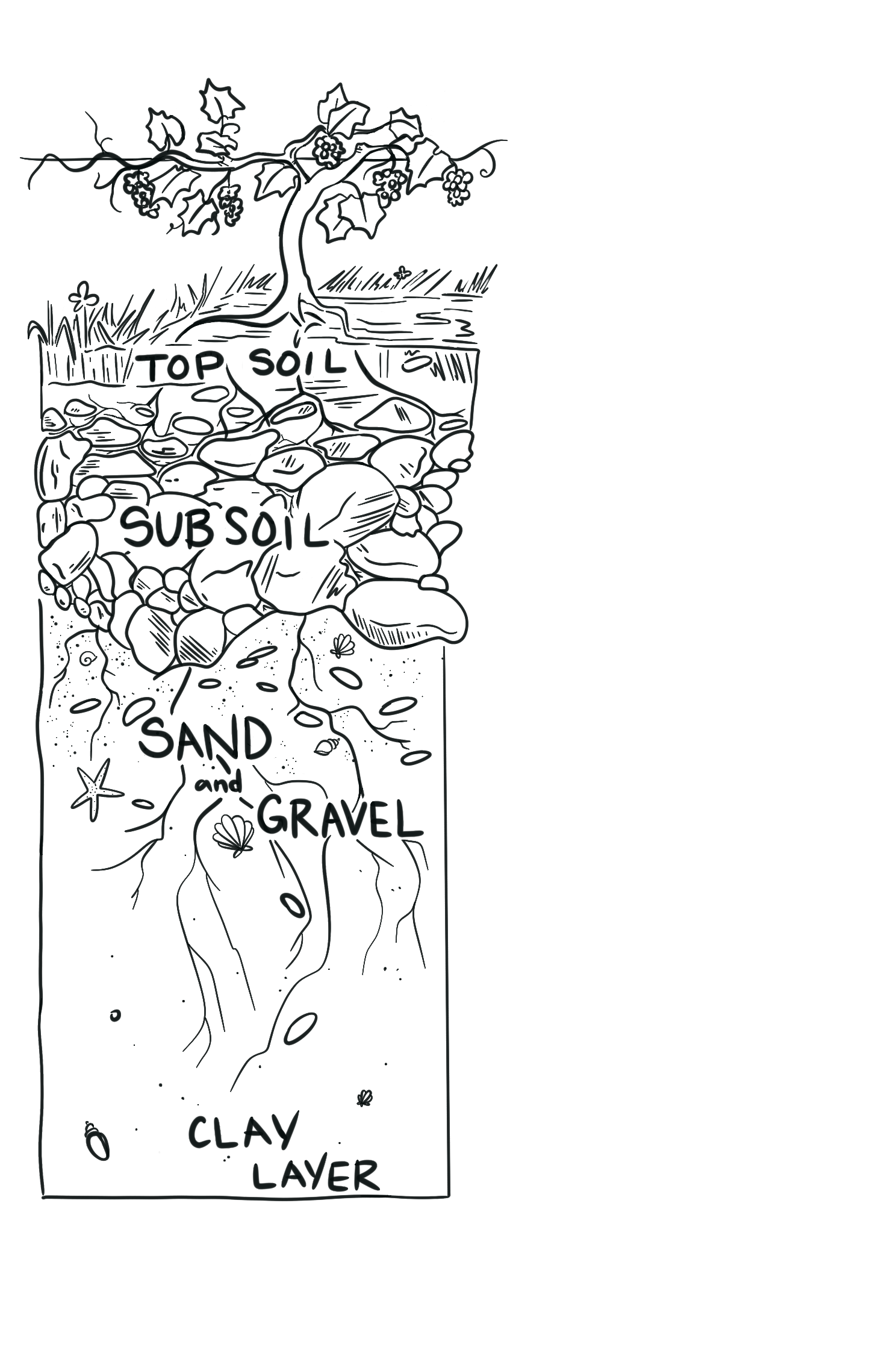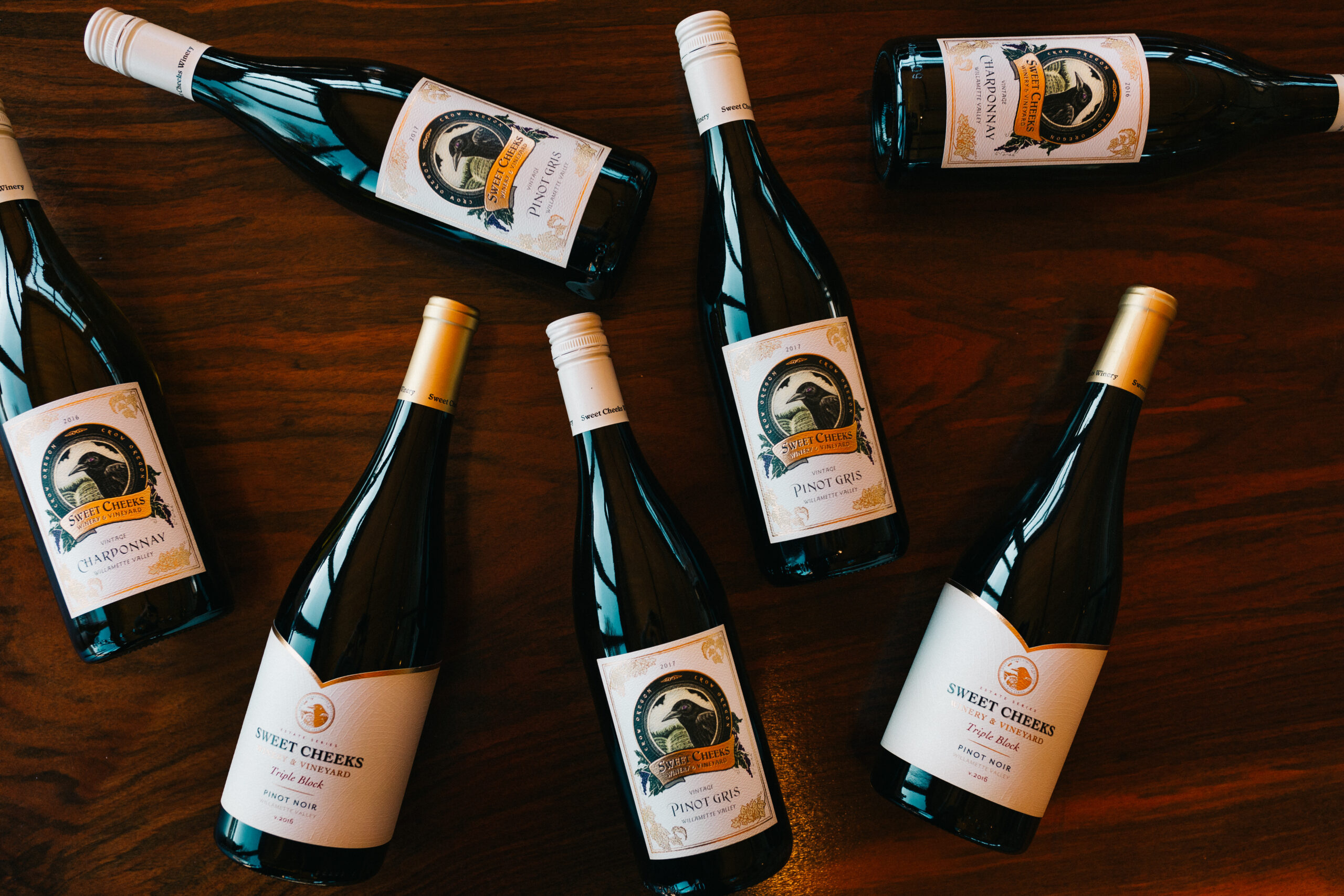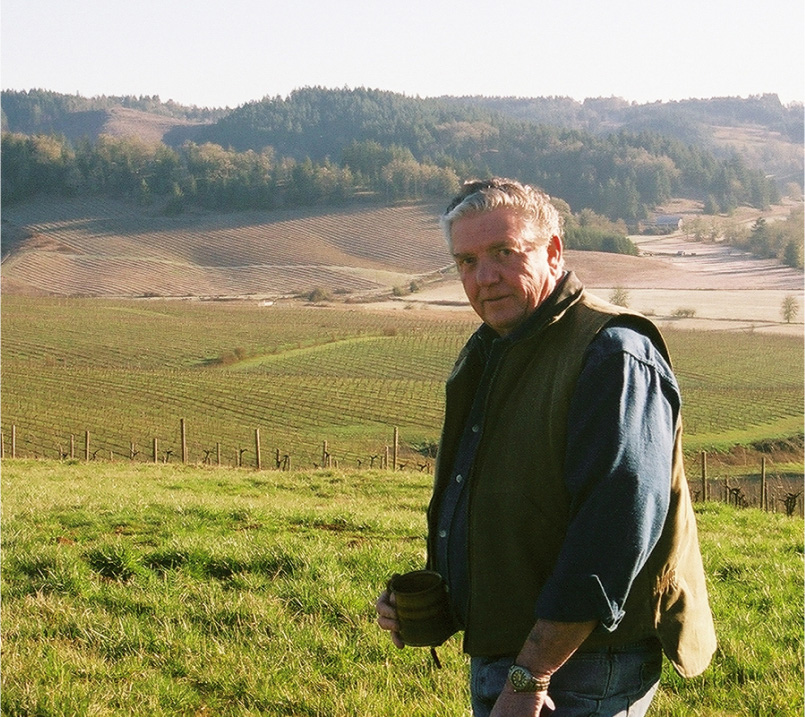
Visit us
Sweet Cheeks Winery & Vineyard
27007 Briggs Hill Rd
Eugene, OR 97405
541-349-9463Eugene, OR 97405
Tasting room hours
Open Daily
11:00am – 6:00pm
Ramblings

For those who have tried their hand at gardening, you know how important soil is to a successful crop. Join us as we dig into one of the soil types the Willamette Valley is best known for, called Willakenzie, which can also be found in our vineyard.
Millions of years ago, much of Oregon and Washington were underwater, and thanks to the shifting of tectonic plates, the region became a marine landmass. The Pacific Northwest would see a series of volcanoes and, later, historic and recurring floods. All these natural events would lead to layers of sediment on top of rich clay. The soil composition can produce very different results when it comes to winemaking, and it is so essential that the soil types are often given region-specific names.
Sweet Cheeks Vineyards is primarily Willakenzie soil; this incredible soil stretches across Oregon in a band from the Columbia River to the South of Eugene. Willakenzie soil was established as a soil series in 1974 and was named because of the confluence of the Willamette and McKenzie Rivers in Lane County.
Topsoil: Rich organic matter helps support plant life and microorganisms.
Subsoil: Sandstone and siltstone challenge the root system to dive deeper.
Sand/Gravel: Provides drainage, preventing water-logging of the root.
Clay layer: The deepest layer the roots push through to reach. The clay has excellent water retention, provides consistent moisture, and maintains a cooler temperature. It also provides vital minerals for plant growth, such as iron, calcium, and potassium.
This soil type requires the vine to work hard for its moisture, leading to a more robust plant that yields grapes with highly structured flavor profile. Especially as these vines age, they push deeper into the clay layer and, over time, produce more complex flavor profiles. A benefit of the Willakenzie soil type is that after a certain age, the vines can thrive without irrigation or additional watering. This practice can be more environmentally friendly farming practice.
The soil is an essential factor in winemaking, so the next time you grab a glass, we hope you raise it in the name of dirt!


That First Date 10. You’re nervous for your first date with that super cute person in marketing and second guessin...

We had the pleasure of hosting Chef Isiah Martinez, founder of Yardy Eugene, for a delicious evening of Afro-Caribbean c...

Waiting patiently in the doorway leading from the newly-built tasting room to the grassy area where he hoped to build a ...

Sign up for our newsletter and be the first to know about new wine releases, special events, and sales.
Open Daily
11:00am – 6:00pm
We may use “cookies” to track your preferences and activities on our website to personalize your experience to better serve you.
Learn more.
Give Mom the Perfect Gift: Free Shipping on Fine Wines from Sweet Cheeks Winery! Order by April 28th! Shop Now